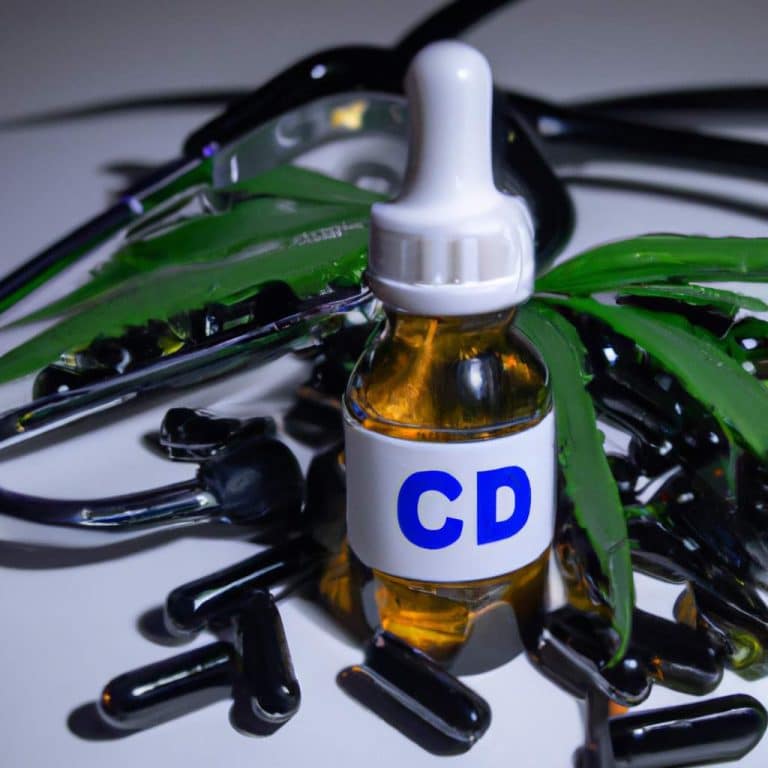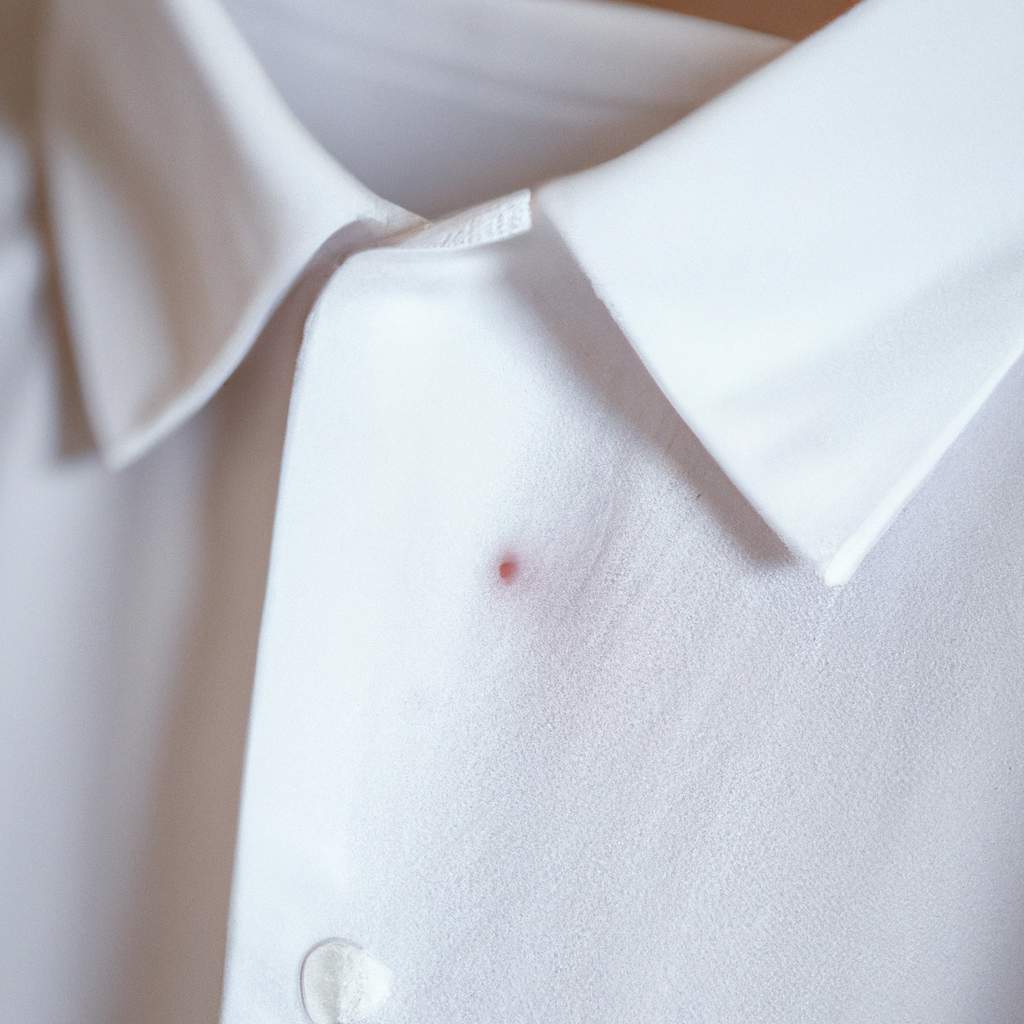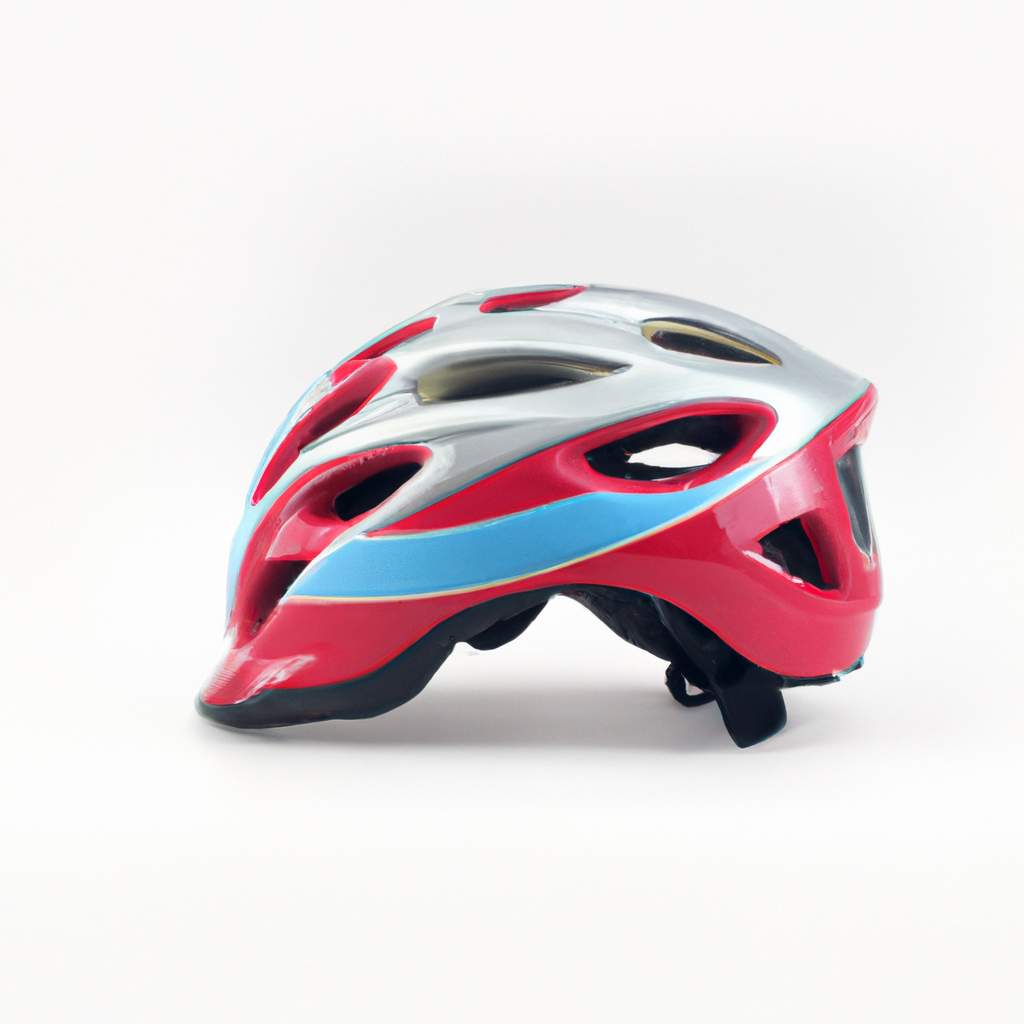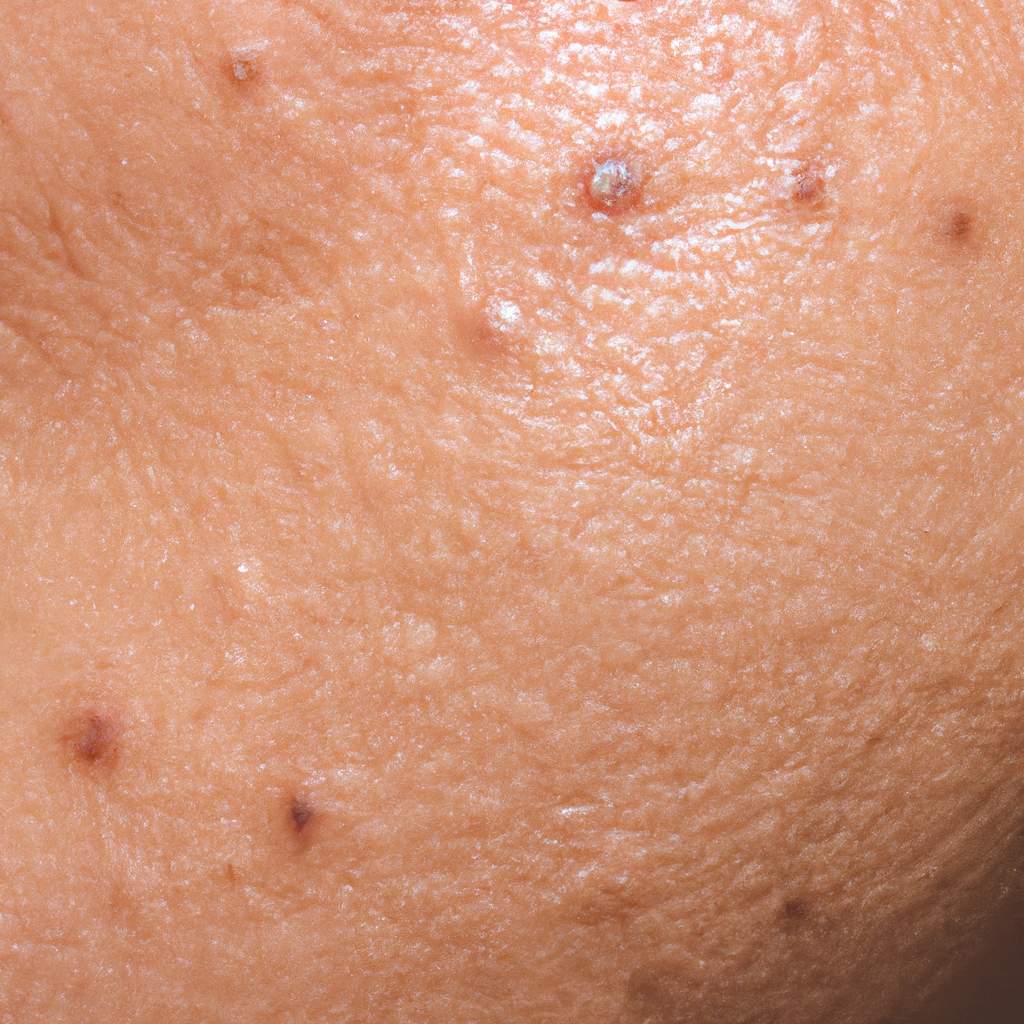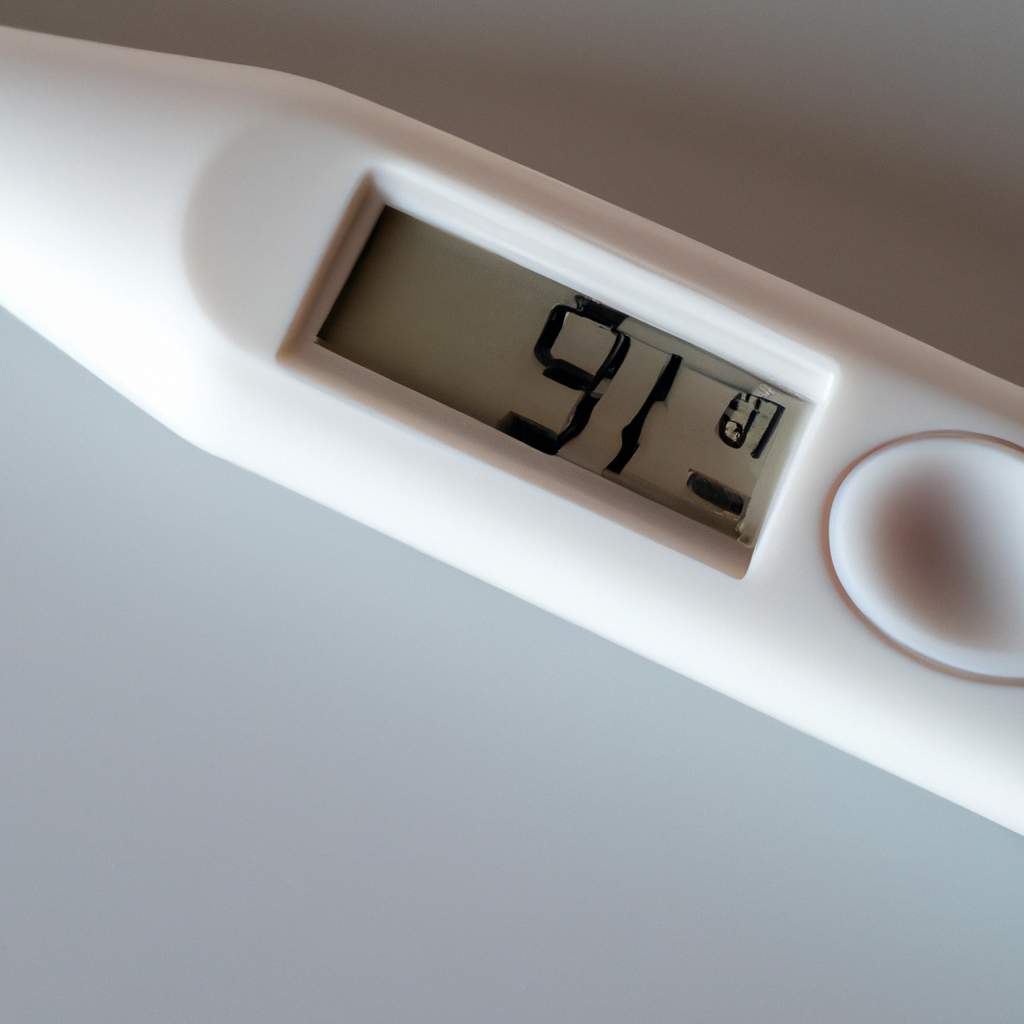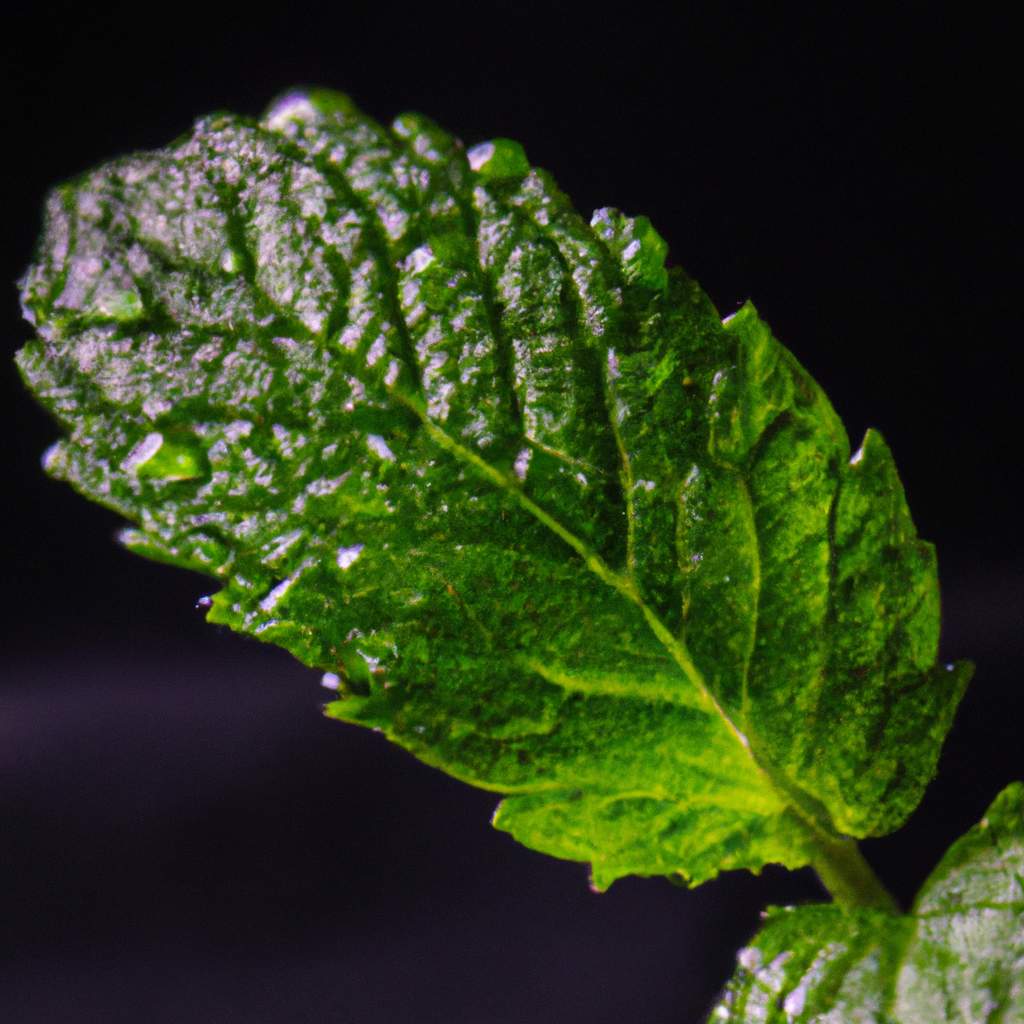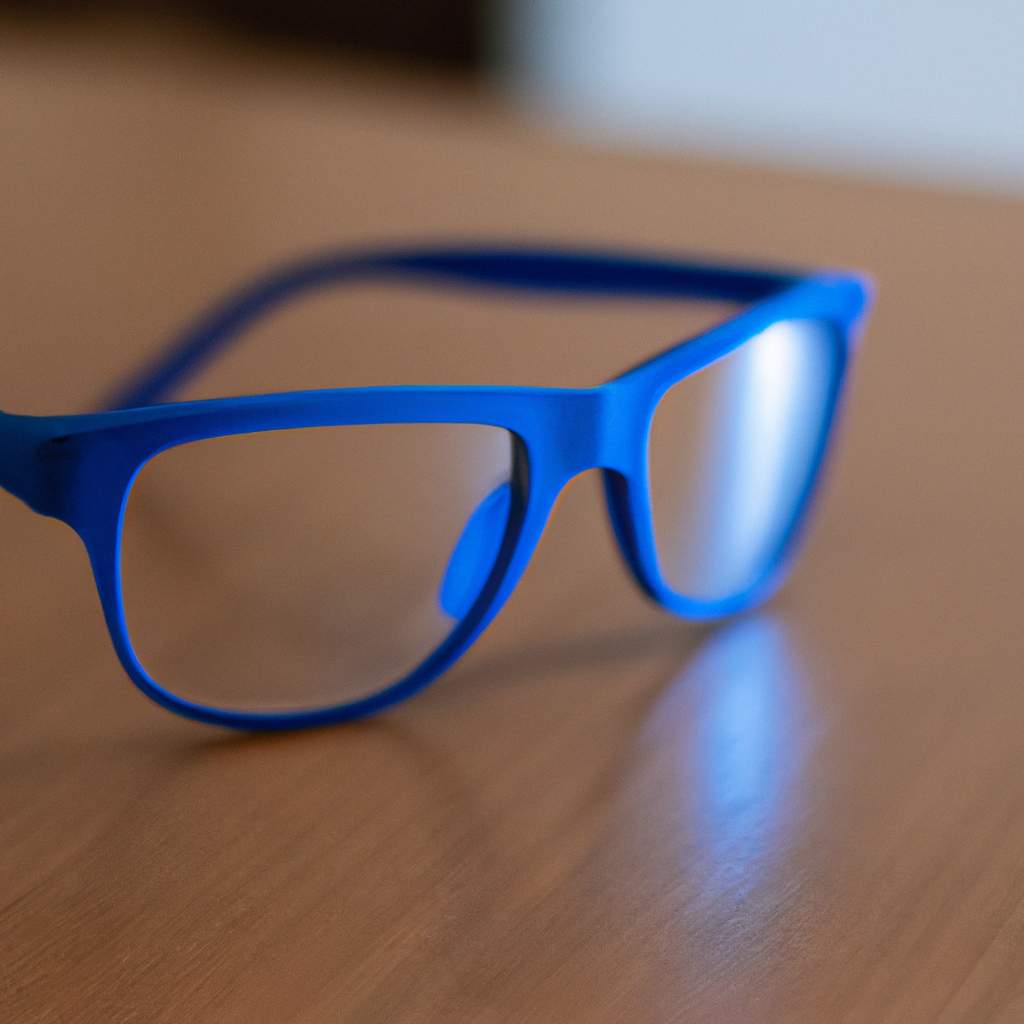Are you one of those people who think that CBD has the same effects as cannabis? While it is true that cannabidiol comes from the same plant as smoked weed, its effects are much more beneficial for health. It does not cause addiction or hallucinations, but it does act on many symptoms that affect a large part of the population. The virtues of CBD are numerous, and even life-saving for those who know how to use cannabidiol properly.
CBD and THC: two compounds with different effects, but the same origin
Hemp is the source of both CBD and THC. This exotic plant comes in various species, with the most well-known ones belonging to the Cannabis sativa family. What sets this family of equatorial plants apart is their ability to interact with the nervous system.
From cannabis or hemp, two compounds are extracted: THC, tetrahydrocannabinol, and CBD, cannabidiol. While the former is classified as psychotropic due to its negative effects on concentration, memory, and perception of the environment, CBD does not produce major psychoactive effects that are harmful to health. By following the recommended doses, consumers have no risk of developing dependence or addiction.
On the other hand, the benefits of CBD are well-established and can address different types of issues.
The effectiveness of CBD in treating epilepsy has gained recognition
In 2013, an American television channel aired a documentary about a young girl with Dravet syndrome, a condition that causes frequent and debilitating seizures. Frustrated with the lack of effectiveness of traditional medications, Charlotte Figi's parents turned to CBD oil, which had already been shown to help reduce seizures. The results were miraculous: instead of experiencing hundreds of seizures per week, Charlotte now only had one or two. This allowed her to regain a more age-appropriate quality of life.
Since then, with the legalization of CBD products in France, other potential benefits have been discovered through consumer and scientific experimentation.
Managing anxiety, stress, and low emotional states with CBD
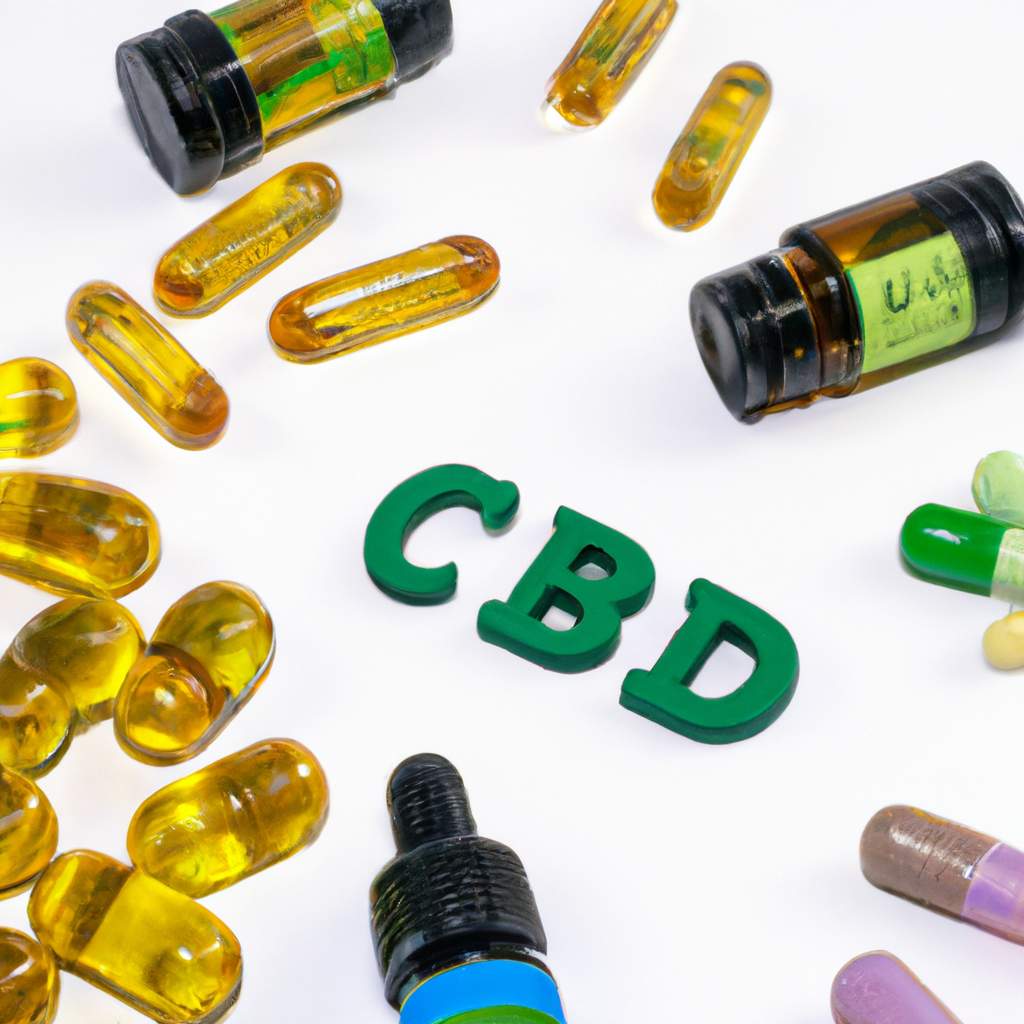
The CBD offers both anxiety-reducing and antioxidant properties, which can help calm a troubled mind affected by anxiety, negative thoughts, stress, or emotional turmoil. Additionally, its ability to combat oxidation toxins contributes to maintaining healthy skin and slowing down cell aging.
CBD products are not intended to replace antidepressant or anti-anxiety medications. However, when used in consultation with a doctor, they can help reduce dosages or better manage certain side effects.
For individuals experiencing temporary fatigue or low mood, such as during seasonal changes, CBD dietary supplements provide significant support in restoring mental and physical balance.
Is CBD Effective for Better Sleep?
CBD can help people who have difficulty sleeping by helping them relax and calm their minds, allowing them to fall asleep faster and enjoy more restful nights. It interacts with specific receptors, CB1 and CB2, which in turn lengthens the duration of deep sleep. CBD also has an impact on the nervous system, reducing more restless sleep and rapid eye movement (REM) sleep.
Relieve Chronic Pain with CBD
CBD is particularly effective for inflammatory pain. By relaxing the muscles, it can significantly reduce back pain, fibromyalgia, joint pain, as well as muscle cramps and soreness.
Exploring the Various Methods of CBD Consumption
Depending on the desired effect and ease of consumption, CBD can be consumed in different forms:
- Capsules, which are tasteless and odorless, are ideal for regular consumption.
- CBD flower infusion provides quick action and also hydrates the body.
- Sublingual CBD oil is the ideal solution for almost immediate effects, such as during an anxiety attack.
- CBD candies combine the pleasure of sweet taste with the compound's action.
- CBD ointments and creams are suitable for targeted application and provide long-lasting effects.
Start with a low dosage, such as 10 or 20 mg per day, and increase the doses based on the intensity of your symptoms and your weight.
Image source: pexels.com.
